THIS IS A BORZOI BOOK PUBLISHED BY ALFRED A. KNOPF
Text copyright 2014 by Elaine DePrince and Michaela DePrince
Jacket art copyright 2014 by Herman Verwey/Getty Images
All rights reserved. Published in the United States by Alfred A. Knopf, an imprint of Random House Childrens Books, a division of Random House LLC, a Penguin Random House Company, New York.
Knopf, Borzoi Books, and the colophon are registered trademarks of Random House LLC.
Some names and identifying details have been changed to protect the privacy of individuals.
Photographs used with permission of the DePrince family.
First Position photograph copyright Bess Kargman
Dancing with the Stars photograph copyright American Broadcasting
Companies, Inc./Peter Hopper Stone
Swan Lake photograph used with permission of the Dance Theatre of Harlem/Rachel Neville.
Joburg Ballet photograph used with permission of the Joburg Ballet.
Dance Magazine image used with permission of Jacobs Pillow Dance Festival Archives.
Visit us on the Web! randomhouseteens.com
Educators and librarians, for a variety of teaching tools, visit us at RHTeachersLibrarians.com
Library of Congress Cataloging-in-Publication Data
DePrince, Michaela
Taking flight : from war orphan to star ballerina / Michaela DePrince, Elaine DePrince.
p. cm.
Summary: The memoir of Michaela DePrince, who lived the first few years of her life in war-torn Sierra Leone until being adopted by an American family. Now seventeen, she is one of the premier ballerinas in the United States.
Provided by publisher
ISBN 978-0-385-75511-5 (trade) ISBN 978-0-385-75512-2 (lib. bdg.) ISBN 978-0-385-75513-9 (ebook)
1. DePrince, Michaela. 2. Ballet dancersSierra LeoneBiographyJuvenile literature. 3. Ballet dancersUnited StatesBiographyJuvenile literature.
I. DePrince, Elaine. II. Title.
GV1785.D37A3 2014
792.8028092dc23
[B]
2013048188
Random House Childrens Books supports the First Amendment and celebrates the right to read.
v3.1
T O C HARLES D E P RINCE ,
gentle and generous father and husband
 Prologue
Prologue
T HE B LACK S WAN
I stand in the wings, dressed in a lush black tutu embellished with black feathers and blood-red flowers. A silver tiara studded with crystal rhinestones crowns my hair, which is pulled tightly back in a thick bun. One at a time I flex my feet at the ankles, extend my legs, and point my toes to check that the ribbons of my pointe shoes are tied and securely tucked. A professional ballerina never allows her ribbons to flop loose around her ankles, one of my favorite teachers used to warn me. A tiny smile twitches at the corners of my mouth as I remember that seven-year-old girl with her ribbons flying about.
A sense of unreality grips me. A professional ballerina is that really me? It seems that just yesterday I was an orphan child, a small, dirty-faced pikinhungry, frightened, and clinging for dear life to a dream of becoming a ballerina. As Mabinty Bangura, I danced on my bare toes in the mud of the rainy season, disturbing the breeding mosquitoes, who would rise up in anger and bite mebringing malaria.
My arms prickle with goose bumps. I rub them away, remembering my sister Mia once telling me, Theyre swan bumps, Michaela, not goose bumps. Are my swan bumps caused by nervousness, the chilly Berkshire air in the Ted Shawn Theatre at Jacobs Pillow, or haunting memories?
Why should I be nervous? This isnt the first time Ive danced the act-two pas de deux from Swan Lake onstage as Odile, the dark and cunning daughter of the evil sorcerer Von Rothbart. But it is the first time I have danced it in front of such a large audience of critics and other dancers. They flock to Jacobs Pillow in June of each year to attend this renowned festival, and here I am about to make my entrance, the youngest professional ballerina among them, dancing a role that demands maturity and sophistication. I feel like an imposter.
The Black Swan is a seductress, tantalizing Prince Siegfried with her womanly charms in order to steal him away from Odette, the White Swan. What do I know about womanly charms or seduction? After my April performance, one critic wrote, She was the sweetest seductress you ever saw but she has yet to develop any ballerina mystique. She is only eighteen. I showed the review to Skyler, my boyfriend. Do you agree? I asked him, with tears in my eyes.
Shes right. You are sweet, he answered.
But I dont want to be sweet. I want to have womanly charms. I want to be a seductress. I want ballerina mystique.
Skyler laughed and said, Youre cute and funny too.
But I dont want to be cute and funny. I want to be mysterious.
Well, sometimes youre a complete mystery to me, he admitted with a mischievous grin.
Thats not the same as ballerina mystique.
Now its the final performance of the season. I need to pull it off. For a brief second I am tempted to flee. Then the music starts, and I step onto the stage. Suddenly I am neither Mabinty Bangura nor Michaela DePrince. I am the Black Swan, and as a reviewer later acknowledges, The vile Odile was delightfully chilly as she seduced the unwitting prince.
Contents
 Chapter 1
Chapter 1
F ROM THE H OUSE ON THE R IGHT
Before I was the vile and chilly Odile, I was Michaela DePrince, and before I was Michaela, I was Mabinty Bangura, and this is the story of my flight from war orphan to ballerina.
In Africa my papa loved the dusty, dry winds of the Harmattan, which blew down from the Sahara Desert every December or January. Ah, the Harmattan has brought us good fortune again! he would exclaim when he returned from harvesting rice. I would smile when he said that because I knew that his next words would be But not as good a fortune as the year when it brought us Mabinty no, never as good as that!
My parents said that I was born with a sharp cry and a personality as prickly as an African hedgehog. Even worse, I was a girl childand a spotted one at that, because I was born with a skin condition called vitiligo, which caused me to look like a baby leopard. Nevertheless, my parents celebrated my arrival with joy.
When my father proclaimed that my birth was the high point of his life, his older brother, Abdullah, shook his head and declared, It is an unfortunate Harmattan that brings a girl child a worthless, spotted girl child, one who will not even bring you a good bride-price. My mother told me that my father laughed at his brother. He and Uncle Abdullah did not see eye to eye on almost anything.
My uncle was right in one respect: in a typical household in the Kenema District of southeastern Sierra Leone, West Africa, my birth would not have been cause for celebration. But our household was not typical. First of all, my parents marriage had not been arranged. They had married for love, and my father refused to take a second wife, even after several years of marriage, when it appeared that I would be their only child. Secondly, both of my parents could read, and my father believed that his daughter should learn to read as well.


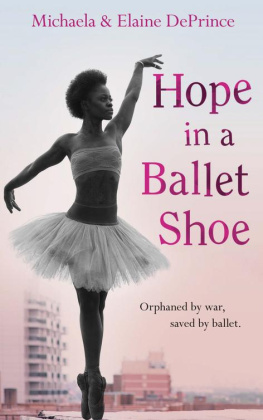
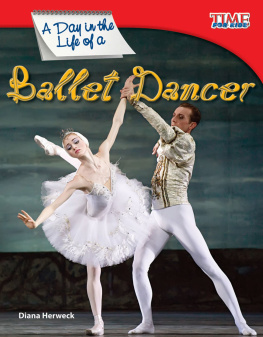
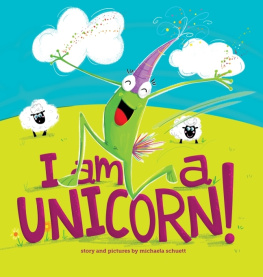
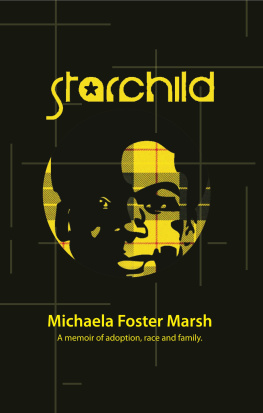
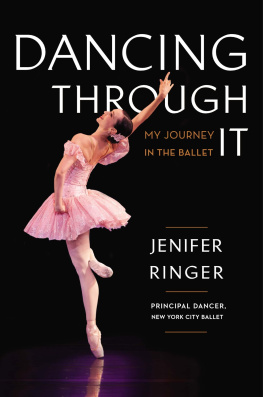
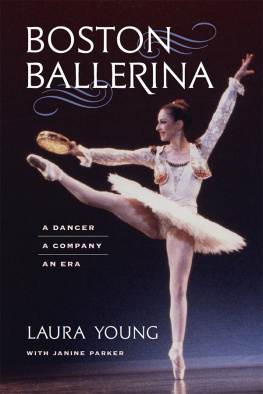
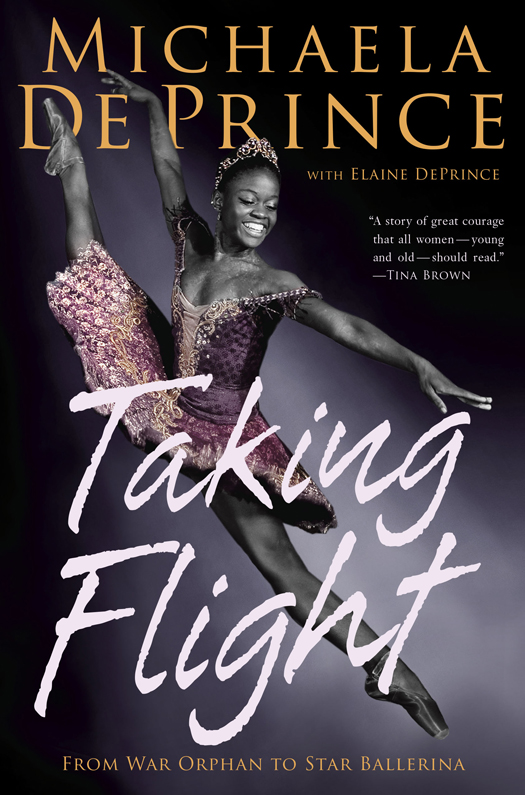
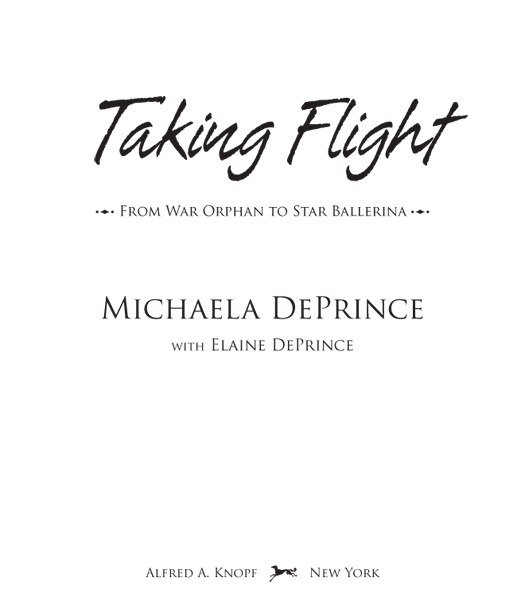
 Prologue
Prologue